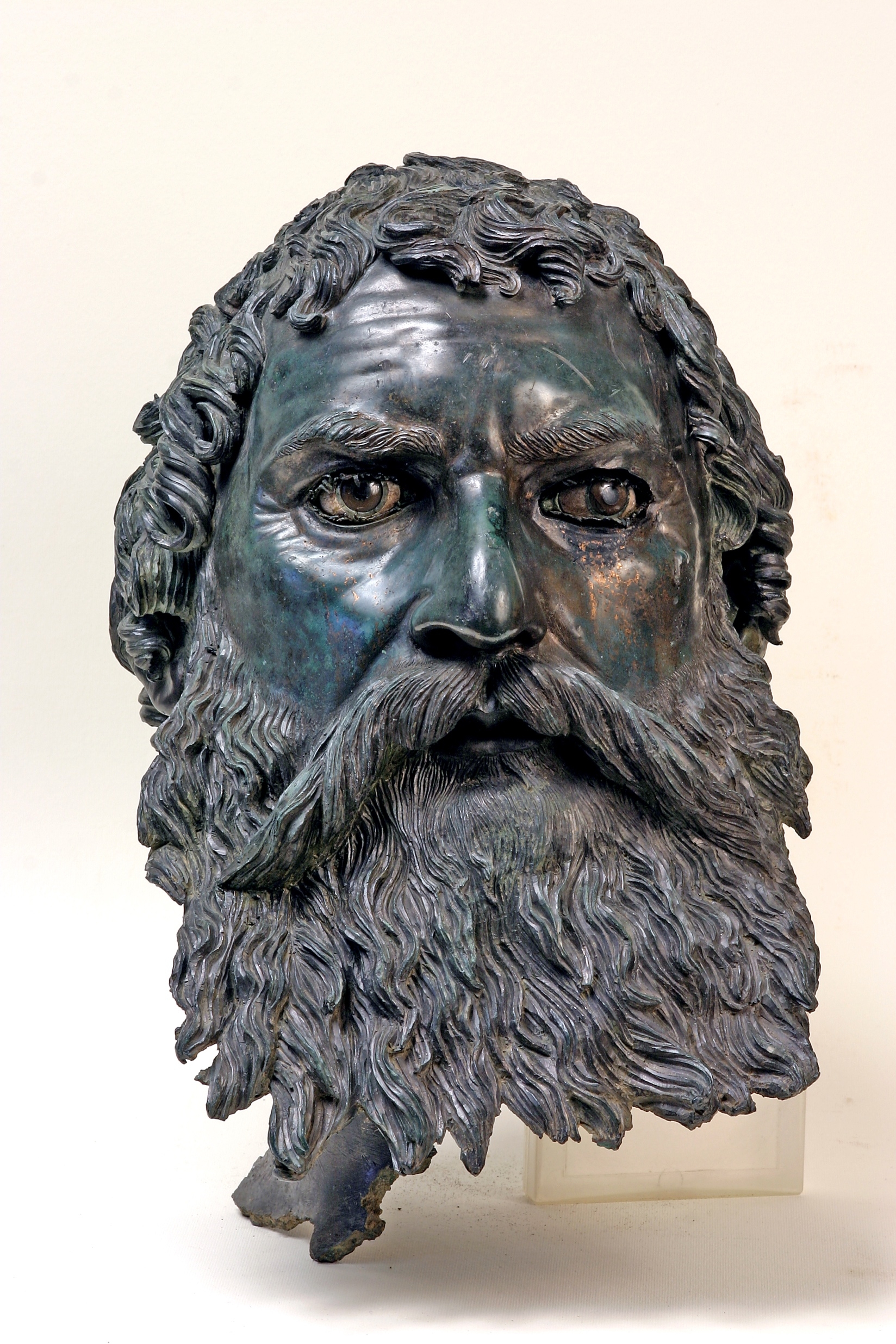Event: PIZZA TALK: Bulgarian Archaeology: A Century in Review
Event Details

Ivan Vasilev
Founder and CEO
Balkan Heritage Foundation
ABSTRACT:
Occupying the eastern part of the Balkans along the Western Black Sea shore, Bulgaria has a rich and diverse archaeological heritage. Within its borders are the remains not only of the early humans and Neolithic farmers, but also of the arguably Europe’s oldest civilization dating to the 5th millennium BCE. A very significant share of the country’s archaeological heritage belongs to the civilizations of the ancient Thracians, Greeks, Macedonians and even Persians as well as Celts, Romans, Byzantines, medieval Bulgarians and Ottomans. The country has more than 150,000 registered archaeological sites, thousands of historic sites and millions of archaeological artifacts kept in around 300 museums and collections, which means Bulgaria ranks with Greece, Italy and France as Europe’s archaeologically richest countries.
Bulgaria’s archaeological heritage received the interest of European scholars in the second half of the 19th century, not much before the country received autonomy from the Ottoman Empire in 1878. However, the beginning of the archaeological investigation in the country dates to both decades around the turn of the century (1890s-1900s). It was encouraged and supported backed-up and triggered by the development of relevant research and museum infrastructure across the country. The National Archaeological Museum was established in 1892 and the Bulgarian Archaeological Society (later National Archaeological Institute) was established in 1901.
Archaeologists have been unearthing the evidence about the past of these lands for more than a century. The current presentation will review their greatest achievements and discoveries while introducing the country’s rich potential for research. It will start with a review of the finds from Kozarnika Cave - one of the earliest Paleolithic sites in Europe, the “world’s oldest gold” found in Varna and the richest collection of Attic vases outside Athens. Then it will highlight treasures and tombs of Thracian royalty along with important monuments and cities of ancient Greeks, Romans, Byzantines and medieval Bulgarians.


